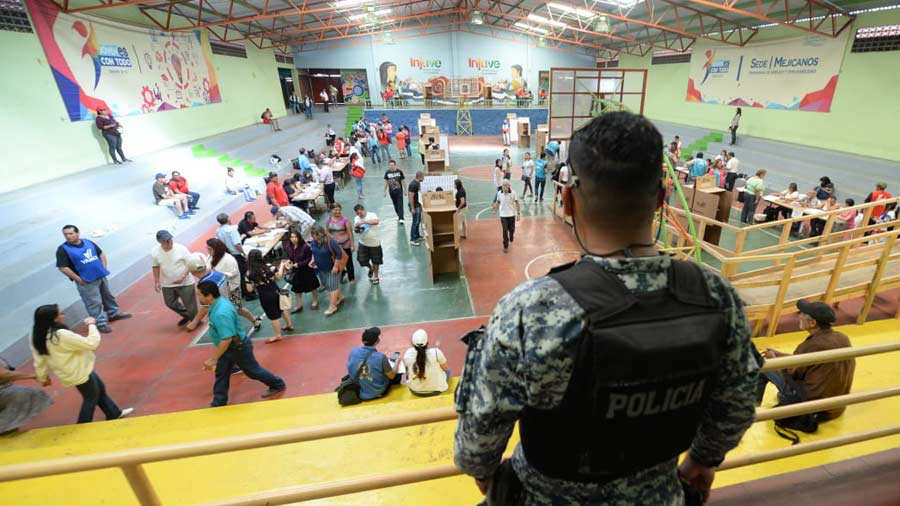

Identity, Competition, and Electoral Availability: the Stabilisation of European Electorates 1885–1985. American Journal of Political Science 41: 149–174.īarczak, Monica. “Electoral Institutions, Cleavage Structures, and the Number of Parties”. Martins Press.Īmorim-Neto, Octavio and Cox, Gary W. In Donna Lee Van Cott’s (Ed.), Indigenous Peoples and Democracy in Latin America. “And from Kataristas to MNRistas? The Surprising and Bold Alliance between Aymaras and Neoliberals in Bolivia”. Quito, Ecuador, Corporación Editora Nacional.Īlbó, Xavier. Elecciones, Ideologías y Programas Políticos. Two supplementary hypotheses and anecdotal evidence from the above countries address the effects of non-spatial pre-election requirements and post-election requirements.Īlban, E, Ayala, E.
Tribunal supremo electoral el salvador resultados registration#
Comparative evidence from Bolivia, Guatemala, Mexico, Peru, and a detailed case study of Ecuador suggests that pre-election spatial registration rules do, indeed, contribute to the general explanation of a lack of indigenous parties in countries with large mobilized indigenous groups. The principal hypothesis proposed is that, while not a sufficient condition for the emergence of separate ethnic political parties, elimination of spatial registration rules, which mandate registration that exceeds the group’s geographic distribution, is a necessary condition. This article considers the theoretical importance of formation rules on representation in the context of party-system development. Currently, however, the literature does not systematically consider the role that institutions play in party formation and party survival in new democracies. Furthermore, the interaction of formation rules and demographic conditions occasionally produces in new democracies unintended effects on representation that are quite distinct from the effects of other electoral barriers. The costs of party formation potentially alter representation and change electoral dynamics before allocation rules come into play.


 0 kommentar(er)
0 kommentar(er)
